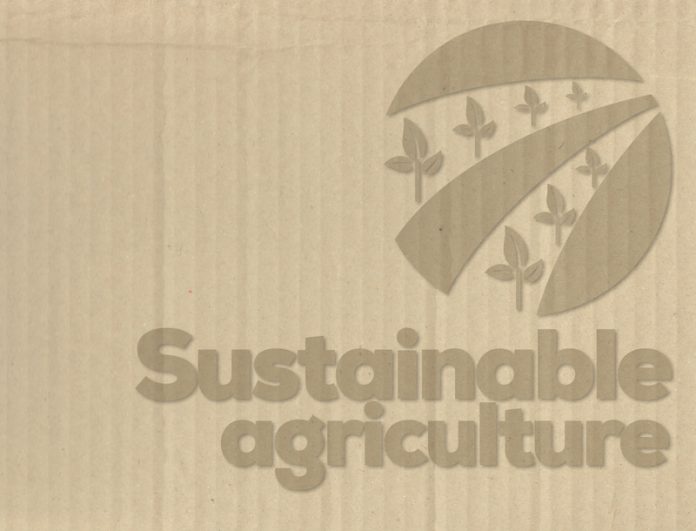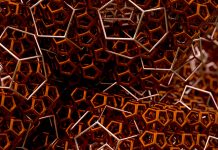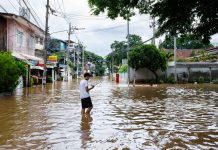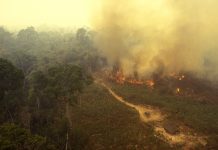Gavin Whitmore, Senior Manager – Biodiversity at the European Crop Protection Association (ECPA) looks at how integrated pest management supports the sustainable intensification of agriculture
Society is increasingly aware of the dual challenge of feeding a growing population whilst protecting the environment. Organic agriculture is often marketed as being an environmentally sound alternative to conventional agriculture, and there are surely examples where this is true. However; we need to guard against the false notion that the pesticides and practices used by organic farmers are better for the environment than those employed by farmers using modern agricultural practices.
A farmer has the very difficult task of safeguarding both the environment and future harvests. The good news is, these are not incompatible objectives.
To protect the environment farming must make efficient and sustainable use of natural resources; to achieve this harvests must be protected. Inefficient and underproductive agriculture compromises efforts to protect biodiversity because more land is required to produce the same amount of food, it wastes the scarce natural resources used to grow a failed crop, and at the global level, it jeopardises food security and in-turn political stability.
Two additional challenges – population growth and climate change – will also keep farmers busy. Global population rise means we will have to produce food for an additional 2 billion people by 2050. To minimise the environmental impact of this we must minimise the expansion of the agricultural land base; this means we will have to farm the farmland we have available more intensively.
Climate change only adds to this pressure; severe weather events and increased water scarcity will become an all too familiar part of the food supply challenge. Here again, agriculture can bring benefits, including efficient production methods and practices that contribute to reducing greenhouse gas emissions, increasing carbon storage and reducing the impact of extreme weather.
Intensive production plays a leading role
Exaggerated and sometimes false claims about the environmental and health benefits of organic agriculture contribute to polarising the debate on sustainability. The organic lobby has worked hard to portray organic production as antithesis and antidote to the evils of ‘industrial’ agriculture.
The polarised debate on sustainable agriculture has not been kind to the term ‘intensive production’ which is unfortunately used alongside ‘industrial agriculture’ and other terms derogatory of practices that do not adhere to organic standards. This is unfortunate because the world cannot live on organic agriculture alone; sustainable intensive production will play a leading role in feeding the world and supporting environmental protection.
Integrated Pest Management – protecting crops and the environment
Highly productive agriculture requires that crops are protected from insect and animal pests, weeds and diseases; without protection, 40-80% of potential harvests can be lost: this is unacceptable in a sustainable system. Pesticides help improve the efficiency of agriculture by minimising the negative impacts of biodiversity on our future harvests; but in order to be truly sustainable, we must protect crops whilst minimising unwanted impacts on biodiversity, water and soil. It is about finding a balance, and for this, Integrated Pest Management (IPM) offers an important framework for action.
IPM is not a method of organic production
A requirement for pest management in the EU since 2014, IPM supports sustainable crop protection with a combination of cultural, physical, biological and chemical measures to protect crops from pests and disease. Recognised as an environmentally sound and cost-effective method for pest management, IPM encourages the best practice of using pesticides only when necessary.
IPM is compatible with organic production practices, but it is not a method of organic production; it is a means to guide sustainable crop protection practices. The pesticides approved for use in organic agriculture can have negative impacts on human health and the environment and are therefore subject to the same policy that guides the use of synthetic chemical pesticides; they should always be used with due care, and only when necessary.
A wider framework of good agricultural practices
Whilst IPM strategy provides conventional and organic farmers with a coherent strategy to balance the protection of crops with the protection of the environment it is not a silver bullet for sustainable agriculture.
One of the real strengths of IPM is that it enables farmers to look beyond the unhelpful polarised debate around conventional and organic agriculture and consider optimised protection of crops and the environment. IPM allows sustainable practices because it does not exclude the use of the crop protection solutions most effective at avoiding the waste of failed crops and the indiscriminate environmental impact of chemicals not specifically formulated to manage pests. This is where true sustainability lies; farming has to be more productive and less demanding of natural resources and the environment. Farmers are challenged to achieve high productivity with minimum waste, to increase production with less land and lower environmental impact, to manage predictable yields in an erratic climate and to maximise space for nature where competition for productive land is high. Within a wider framework of good agricultural practices, IPM and modern pesticides are part of the solution; research and development, innovation, and the safe and sustainable use of pesticides can help ensure a safe and affordable supply of food for generations to come.
Gavin Whitmore
Senior Manager – Biodiversity
European Crop Protection Association (ECPA)
gavin.whitmore@ecpa.eu











